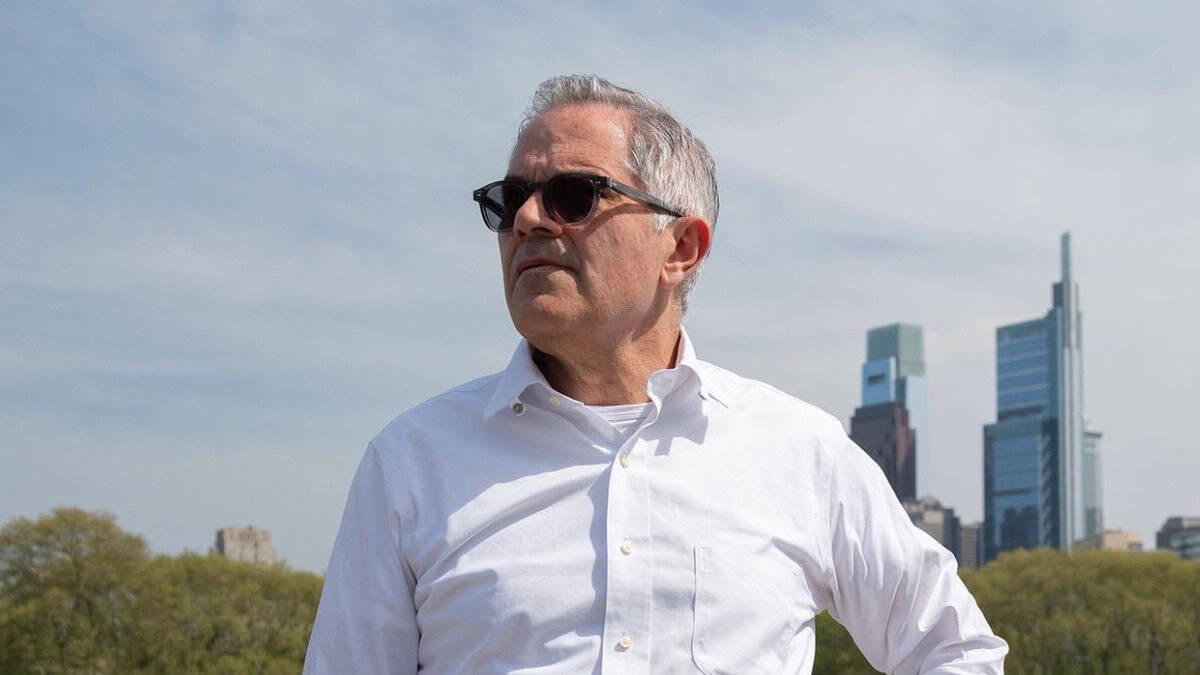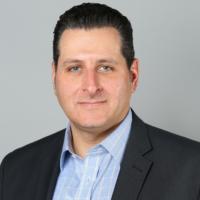
Philadelphia, November 4, 2025 — I spent Tuesday night watching the numbers roll in. I wanted to see just how much this year’s race for Larry Krasner’s third term as Philadelphia District Attorney would matter.
When the outcome became clear, the message from voters was unequivocal: Krasner retains his post by a commanding margin, and his challenger, Pat Dugan, is left to reckon with what a decisive defeat signals.
The Final Results
With all divisions reported, Larry Krasner received 272,603 votes, or about 75.98%, while Pat Dugan received 85,759 votes, roughly 23.90%. Voter turnout was approximately 35.36% of registered voters.
The Backdrop: A Rematch, an Unusual Campaign
This contest wasn’t a typical prosecutor race. In May’s Democratic primary, Lawrence D. Krasner defeated Dugan by a large margin. Then, in an unusual twist, Dugan secured the Republican nomination via a write-in campaign, allowing him to rechallenge Krasner in November.
Throughout the general election campaign, the tone was quiet. Debates were absent. Dugan’s campaign never gained traction comparable to Krasner’s, and the incumbent largely ran on his existing record rather than a high-profile stump tour.
Major Issues & Campaign Highlights
From crime statistics to party dynamics, Philadelphia News notes that each campaign highlighted a different vision of public safety and the choices facing voters in a city where political identity and justice policy are deeply intertwined.
Crime Trends & Public Safety
Krasner’s campaign leaned heavily on data showing declining violent crime and homicides, arguing that reform and public safety can coexist. You can view this data on the Philadelphia District Attorney’s Office website.
Dugan countered by citing specific cases and accusing Krasner’s office of releasing dangerous defendants and under-training prosecutors.
Debate Absence & Campaign Tone
One noticeable feature: the race lacked a major televised debate and had relatively few high-profile forums. That limited the challenger’s exposure and allowed the incumbent to maintain message control.
Party Dynamics & Strategic Moves
Philadelphia remains overwhelmingly Democratic. Dugan’s acceptance of the Republican nomination via write-in posed a structural disadvantage. Republicans in the city were already outnumbered significantly, which made Dugan’s path uphill from the start.
Dugan received the endorsement of the national Forward Party in mid-October, signalling some crossover appeal but likely too late to change the dynamics.
My Observations From Election Night
Walking through the election-counting hub near City Hall, I felt the palpable difference in energy between this race and more heated contests. Krasner’s team opted not to hold a typical victory gathering. The mood was sober rather than celebratory. That restraint seemed to reflect an understanding: this win was expected, and the road ahead will require results, not rhetoric.
When Dugan addressed supporters at the Cannstatter Volksfest social club in Northeast Philadelphia, his tone wasn’t conciliatory. He exclaimed, “Make no mistake about it, Larry Krasner did not win this election,” and called the incumbent “a despicable, uncaring, heartless human being.”
The sharpness of his words underscored both his frustration and his view that the campaign wasn’t simply decided by voters but by larger forces of reform politics and party alignment.
What the Win Tells Us
From my perspective, several lessons stand out from this result.
- Endurance of the reform-oriented prosecutor model: Krasner’s large win shows that Philadelphia voters support his approach to reform. His focus on reducing incarceration, expanding diversion programs, and addressing police misconduct hasn’t hurt him politically.
- Challenges to the “tough-on-crime” argument: Dugan campaigned on the idea that Krasner had been too lenient on violent crime. Voters didn’t respond strongly. In a city where crime is always in the news, this suggests Krasner’s message of reform plus enforcement resonated more.
- The structural weight of party advantage: In Philadelphia, the Democratic registration and voting base still dominates. Dugan’s shift to the Republican line placed him at a structural disadvantage from the start. That backdrop is reflected starkly in the vote share.
- Voters expect more than rhetoric: With a win like this, Krasner now holds not just the office but heightened expectations. The margin may afford him political capital but it also amplifies the public’s expectation for visible results.
- National implications: This race drew attention outside Philadelphia. In a time when other reform-minded prosecutors face challenges, Krasner’s decisive win shows that reform can succeed, especially when paired with credibility on public safety.
Candidate Perspectives
In conversations with longtime observers of Philadelphia politics, one point was clear. Larry Krasner’s support among progressive groups, Black-led political organizations, and reform advocates remains strong. Pat Dugan’s campaign, first as a Democratic challenger and then as a Republican in the general election, was seen by some as bold and by others as confusing or inconsistent.
Krasner took office in January 2018 after a civil rights legal career. He has pursued reforms such as ending prosecution for small marijuana possession and eliminating cash bail for some non-violent offenses. His office has also prioritized police misconduct prosecutions.
On the other side, Dugan brought credentials including years on the Philadelphia Municipal Court and service in the U.S. Army. Dugan’s campaign didn’t generate the kind of momentum needed to unseat the incumbent. While early reports showed Dugan raising significant funds. Media accounts later described his general election effort as subdued and lacking high-profile events.
Implications for Philadelphia Over the Next Four Years
What does this mean for Philadelphia over the next four years? From the vantage of this election:
- Krasner now enters a third term with broad public support. That allows him to consolidate reform approaches, launch new initiatives, and perhaps act more boldly.
- But with that margin comes heightened expectations. Voters may now expect visible safety gains, sharper results, and fewer high-profile missteps. Krasner’s office will face heightened scrutiny.
- For Dugan and potential future challengers, the lesson is clear: even in a city where safety concerns are real, trying to pivot to a tougher crime message without substantial structural advantages is a steep climb.
- For criminal justice reform advocates across the country, the result sends a strong message. In a major American city, reform-minded prosecutors can win decisively, even when opponents warn of a “crime surge.”
- For the Democratic establishment and local party politics, Krasner’s victory may underscore the strength of progressive coalitions within the city and limit the influence of more centrist or conservative-leaning factions.
My Reflection on the 2025 Philadelphia DA Battle
Walking out of the vote-counting center late at night, I kept thinking about what this race revealed, not just about the candidates, but about Philadelphia’s evolving idea of justice. This election wasn’t merely a contest for District Attorney; it was a referendum on how the city defines accountability, safety, and change.
Voters ultimately chose continuity. They reaffirmed the path Krasner set: reform paired with enforcement, diversion balanced with prosecution, dignity alongside accountability. They signaled that the experiment isn’t over and that the city is willing to keep testing it. But winning is not a victory lap; it’s an obligation.
The next four years will decide whether reform can move from policy to lived experience in neighborhoods from Germantown to Fishtown, from Center City to West Philly. And beyond Philadelphia, this result stands as a reminder that bold ideas matter only when they translate into real, measurable progress.
